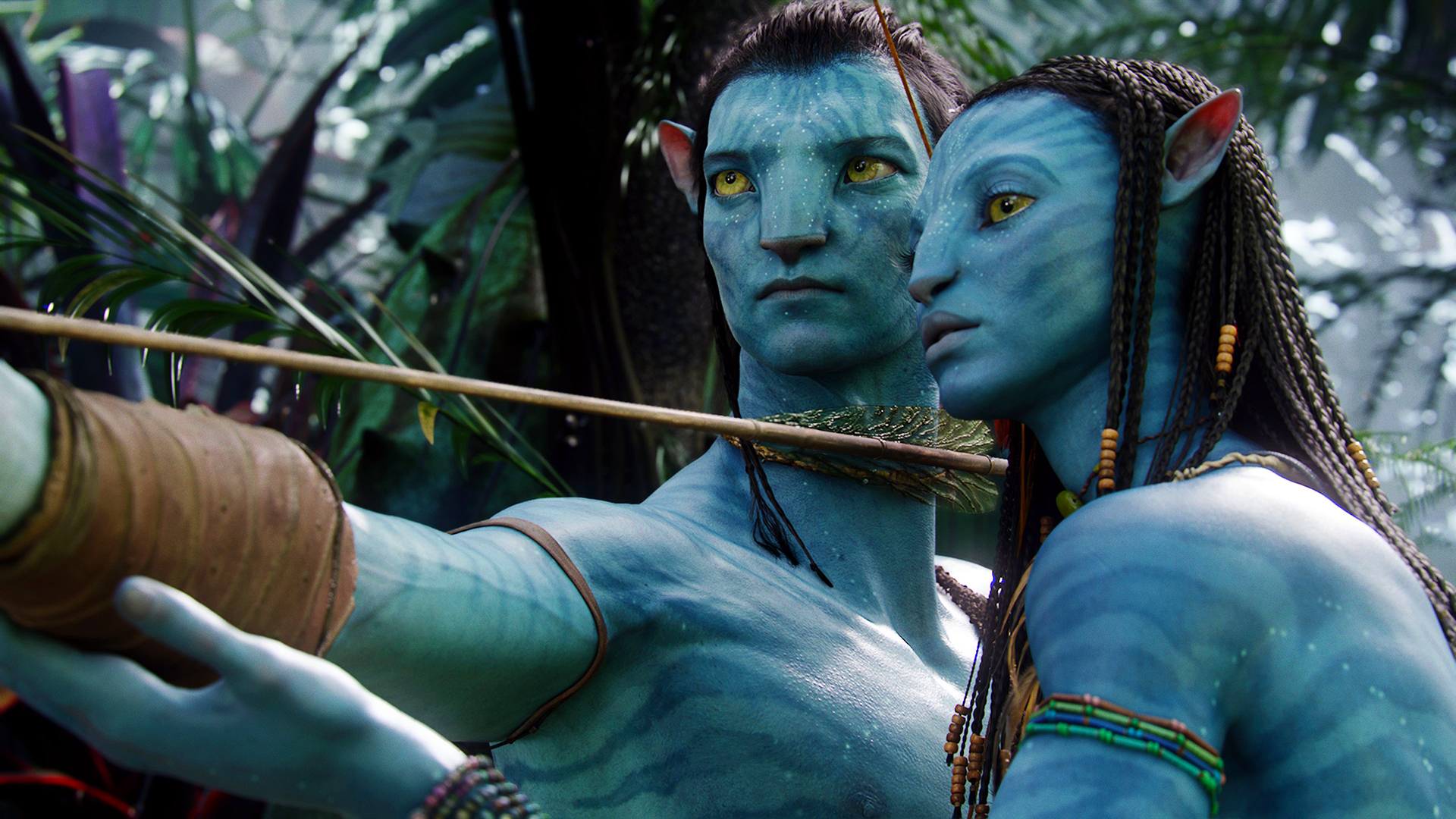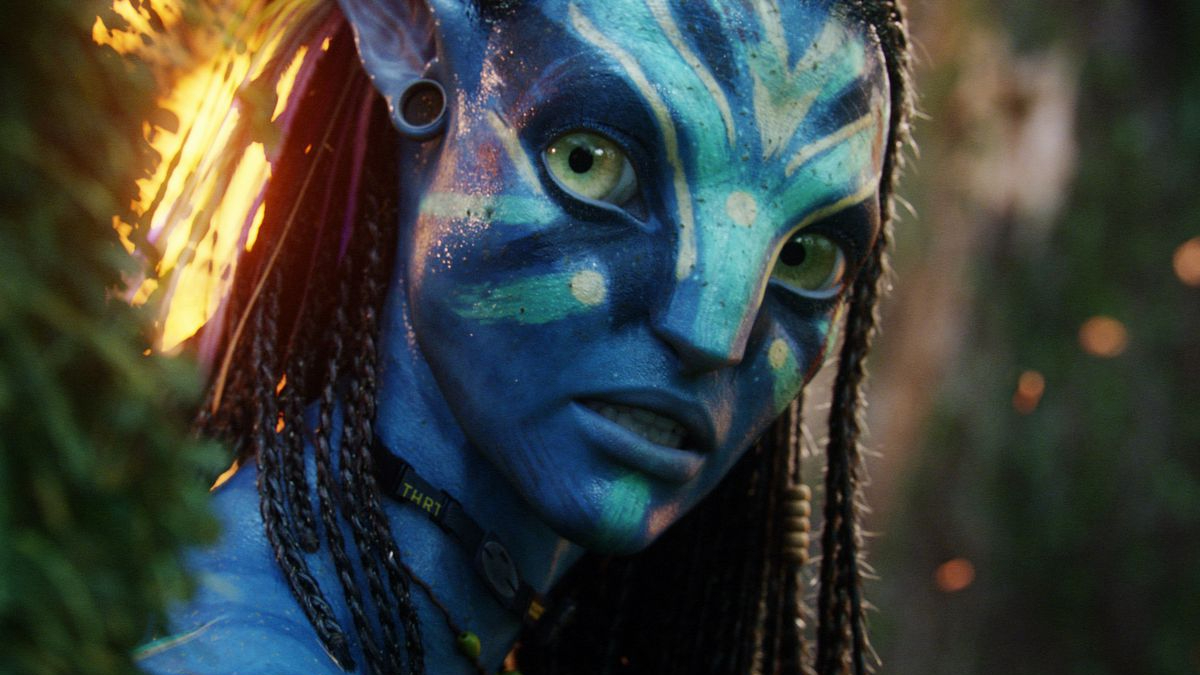Marvel movies are under fire from James Cameron – and he's right
Another titan of filmmaking takes aim at Marvel

James Cameron, director of Titanic, Avatar, and the upcoming Avatar: The Way of The Water, has joined the ranks of Hollywood filmmakers taking aim at Marvel movies.
Speaking to the New York Times in a recent press tour to drum up hype for his Avatar sequel – out December 22 – Cameron criticized the immaturity of characters in comic book filmmaking, calling out Marvel and DC, specifically, for their underdeveloped characters.
“I also want to do the thing that other people aren’t doing,” said Cameron. “When I look at these big, spectacular films — I’m looking at you, Marvel and DC — it doesn’t matter how old the characters are, they all act like they’re in college. They have relationships, but they really don’t. They never hang up their spurs because of their kids. The things that really ground us and give us power, love, and a purpose? Those characters don’t experience it, and I think that’s not the way to make movies.”
Cameron joins a healthy roster of directors who’ve taken umbrage with Marvel’s domination of the cinematic calendar in recent years. Moonfall director Roland Emmerich, for instance, has claimed that Marvel is “ruining our industry”, while Martin Scorcese has quipped that “Marvel movies aren’t cinema”.
The comment from the veteran filmmaker makes the most sense when you know the context of story in this year’s Avatar sequel.
Coming out 13 years after the original splashed onto cinema screens, and taking so long in development that many doubted whether a sequel would happen at all, the Avatar follow-up now sees previous leads Zoe Saldaña and Sam Worthington in the role of parents to a teenage girl, echoing the real-life developments of the movie's cast (“I was younger in the first installment, I didn’t have children,” Saldaña said in the New York Times interview. "Now I have three children.").

Cameron is adamant that parenthood changes the kind of risks that a character is able to take:
“Zoe and Sam now play parents, 15 years later. In the first movie, Sam’s character leaps off his flying creature and essentially changes the course of history as a result of this crazy, almost suicidal leap of faith. And Zoe’s character leaps off a limb and assumes there’s going to be some nice big leaves down there that can cushion her fall. But when you’re a parent, you don’t think that way. So for me, as a parent of five kids, I’m saying, ‘What happens when those characters mature and realize that they have a responsibility outside their own survival?’”
James Cameron is right on the money
It’s an astute criticism of the Marvel storytelling machine – one that, as entertaining as it can be, tends to churn out programming aimed at supporting the Marvel Cinematic Universe as a whole. Marvel films and shows are rarely complete without a last-minute cameo, a crossover or a tie-in. Much of the magic is in seeing how each puzzle piece fits into the larger whole.
But as a franchise that focuses so much on climactic action sequences, characterization can feel somewhat secondary to the needs of the machine. Marvel funnels caped crusaders into conflict, with strong consideration of crossing with the larger universe, but less regard for developing stories long-term. Deeper developments tend to be swept under the rug in order to allow the action to move more smoothly, which feels intentional, but does sacrifice the kind of richer connections and more nuanced relationships Cameron is espousing.
We saw this in full force during last year’s excellent Disney Plus series WandaVision, which ultimately abandoned a surreal exploration of grief in the sitcom format in order to have a big CGI blowout in the final episode.
Superheroes are marked not just by extraordinary abilities, but a willingness to throw themselves into the fray, no matter the personal cost – and it’s this unthinking courage that can make a film thrilling, but which ignores the pull of family, that urges caution when our responsibilities are greater.

Ultimately, Cameron is also a director of spectacle – the first Avatar movie was a lush 3D blockbuster with eye-popping special effects that became the highest-grossing film of all time (Marvel almost took that crown with Avengers: Endgame, of course). He’s hardly an independent filmmaker worried about crowding out original creative voices.
But Cameron’s spectacle is rooted in heartfelt connections, whether in Avatar’s interspecies romance or Titanic’s tragic love story; and casting the same actors in a sequel 13 years later is the kind of personal consideration you’d find in a Richard Linklater film (Boyhood, After Sunrise, etc). The people are what matter.
Marvel’s spectacle is a bit more about getting all the action figures in a line. It's made for plenty of thrilling movies, but we shouldn’t be afraid of saying which moves us more.
Get daily insight, inspiration and deals in your inbox
Sign up for breaking news, reviews, opinion, top tech deals, and more.
Henry is a freelance technology journalist, and former News & Features Editor for TechRadar, where he specialized in home entertainment gadgets such as TVs, projectors, soundbars, and smart speakers. Other bylines include Edge, T3, iMore, GamesRadar, NBC News, Healthline, and The Times.
